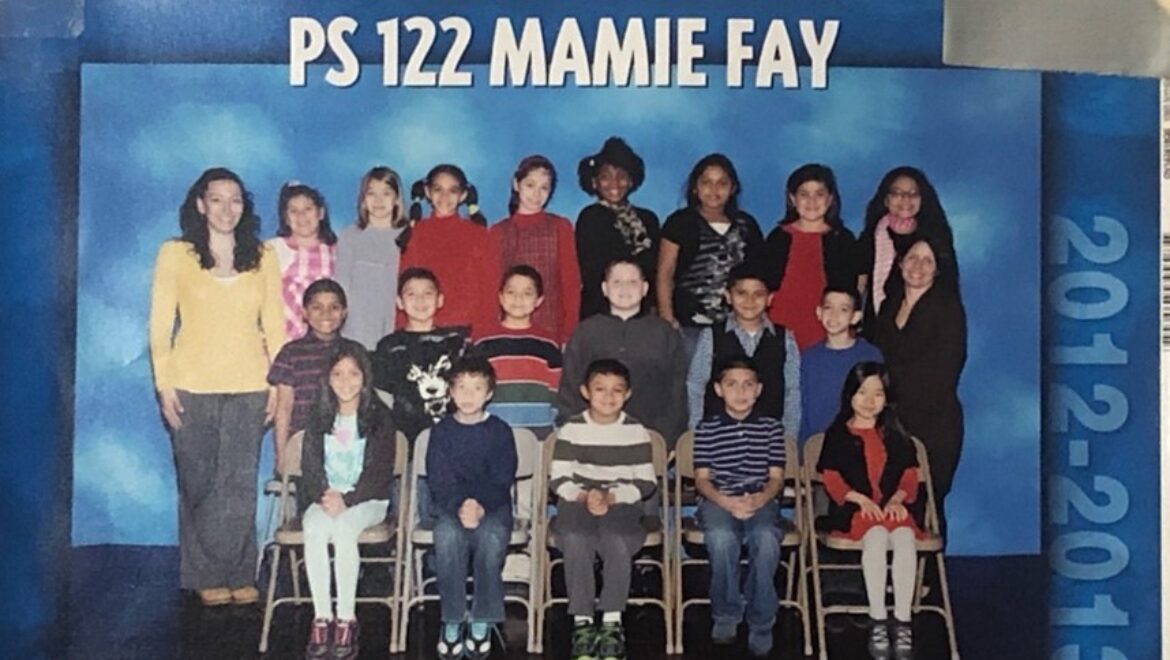Free Response on Tan
Animesh Ray
Amy Tan wrote an article titled Mother Tongue. Under Western Eyes was its original title, and it appeared in The Threepenny Review in 1990. The article examines the language difficulties faced by first and second-generation Chinese immigrants in the US. Cultural and linguistic problems are inspired by Tan’s personal experiences. She spoke standard English in public but slurred English at home. As a result of this, she has basically been set into multiple identities in which she finds one superior to one. This changes her perception as she experiences the obstacles.
In “Mother Tongue,” Amy Tan walks us through linguistic principles and contrasts them with those of English. She also stops to question what is acceptable and what is considered decent English and language. She does not see good grammar and perfect English as indicators of competence. She cited sections of her mother’s writing that contained numerous grammatical errors. Others found it difficult to understand her because of the grammatical errors and “improper language”. The narrative does not make it evident that her mother has a solid grasp of the English language, but she argues that she does. The whole article was Tan’s appraisal of her mother’s language and how it shouldn’t be treated improperly from other’s viewpoints (critics).
Tan’s writing with her own experience can be relatable in multiple aspects. Examples of discrimination occur everywhere with the correct terminology of English speech. African speech is a perfect example of this form of discrimination Tan is arguing about. In its own country, it is perfectly normal but in other countries, people would simply make it comedy for no reason other than to look down upon you. Why should one have to judge others for how they speak, English may not be their first language but they are learning and that shouldn’t percept someone treat as unfair. Even though there are numerous grammatical errors contained in one’s speech, they have all the right to say it. This is what Tan is arguing about and is evident in her experiences and especially her mother’s. Articles on realism can show appreciation for something that is defined as normal in another continent. It isn’t up to others to judge you for not speaking broken English. This would connect to me as well.
Some experience I’ve had is once when I hear my dad is on the phone call with a hirer and the person would tell him about requiring good English. It was a job in security management and my dad would have a Bengali accent chopped English. My dad was enraged by this comment. This is what I would resonate with Tan’s mother’s experience as first-generation immigrants have it rougher. It shows how society is unfair and can come at you anytime about a simple English speech.


